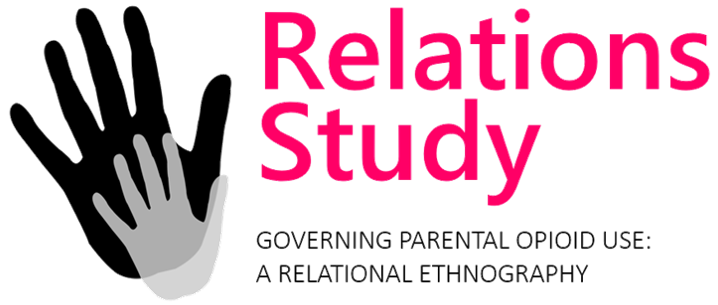SYMPOSIUM ABSTRACT (AFINet Conference, Rotterdam, June 2023)
Title of symposium: Caring for children and families affected by parental drug use: what can we learn from ethnographic research and family engagement in research?
Chair: Professor Anne Whittaker, University of Stirling.
Objectives of the symposium: In this symposium, we present findings from an ethnographic study that explored systems of care for parents who use drugs and their families in England and Scotland. Drawing on ethnographic data involving parents on opioid substitution therapy, we critically examine relations with their children and the wider family as well as the care provided by different services and professionals involved with the families. We start the symposium by describing our public engagement method of involving family members in the research study from the outset.
Presentation 1 Title: Using Learning Alliance methodology to involve family members in research: Challenges and implications.
Presenter: Dr Hannah Carver, Lecturer in Substance Use, University of Stirling.
Abstract: In this presentation, we describe how ‘Learning Alliance’ methodology was employed as a collaborative public engagement approach to guide and inform the research process, dissemination of study findings and impact activities. We reflect on the benefits and challenges of using this approach with family members affected by addiction, including parents, young people and kinship carers. We discuss what the research team learnt from involving family members in the study Learning Alliance and implications for future research.
Presentation 2 Title: Exploring relations between parents who use drugs and the wider family: are the family part of the ‘problem’ or part of the ‘solution’?
Presenter: Dr Elaine Robinson, Research Fellow, University of Stirling.
Abstract: In this presentation we draw on the accounts of parents who use drugs and professionals to illustrate the complexities and tensions within families, especially when the welfare of the parents and their children is at stake. Family histories, relationships, social circumstances and levels of support were portrayed in differing ways – as part of the problem and origins of parental drug use, and, as part of the solution and positive impact on parental recovery and child welfare. More often though, families posed both problems and solutions for parents and professionals. Navigating these complex dynamics was a recurring theme.
Presentation 3 Title: Examining the Whole Family Approach to providing services, contrasting the policy agenda, rhetoric and reality.
Presenter: Judy Warburton, Research Fellow, University of Stirling.
Abstract: Holistic ‘Whole Family Approaches’ and ‘Family Inclusive Practice’ are at the heart of policies for providing services to families affected by drug and alcohol use in Scotland. In this presentation we will examine how practitioners represent, enact, reproduce and contest the policy agenda through accounts and observations of their practice, highlighting similarities and differences across different settings in Scotland and England. We conclude with a discussion of participant accounts on how to bridge the gap between the rhetoric of governmental policies and the realities of health and social care practice and families’ lives.
Discussion with the audience, chaired by Professor Anne Whittaker:
Questions and answers on the three presentations and wider discussion on the topic.
